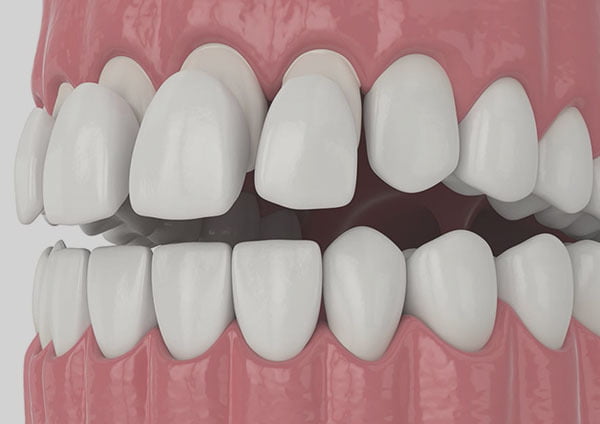Dental veneers can profoundly enhance self-confidence and create a lasting first impression. However, achieving an ideal set of pearly whites can be challenging due to issues like discoloration, chips, or misalignment. The rise in popularity of veneers as an aesthetic dentistry option addresses these concerns swiftly and effectively. Many individuals wonder, “Are dental veneers permanent solutions?”
So in this blog post, we’re diving deep into the facts surrounding dental veneers and their durability.
What Are Dental Veneers?
Dental veneers are thin custom-made shells made of composite resin or porcelain designed to cover the front surface of teeth. Their purpose is to enhance their appearance by changing color, size and length; making a change to improve appearance as a whole. Dental veneers offer solutions for cosmetic dental issues. These include stained teeth, gaps, and minor misalignments. Veneers address damaged enamel and misalignments, providing a fix for issues like broken or misaligned teeth.
Concerns Over Dental Veneers
Now is the time to decide whether dental veneers are permanent.
Although dental veneers provide long-lasting results, it’s essential to remember they cannot serve as permanent dental solutions. On average, veneers will generally last between 10-15 years with proper maintenance – however this could change depending on other variables as well.
Let’s delve deep into these issues.

Factors which influence the longevity of Veneers
Materials
Veneers can be made out of either composite resin or porcelain material. Porcelain veneers are highly sought after due to their exceptional durability and stain-resistance; making them very popular choices. On the other hand, composite resin veneers may be less costly – however these tend to be less resilient, becoming stained more quickly, than porcelain counterparts.
Oral Hygiene
Maintaining an effective dental hygiene regime is of utmost importance if one wishes to extend the lifespan of veneers, meaning routine flossing, brushing and use of alcohol-free mouthwash is crucial in order to avoid gum disease as this will maintain strong bonds between your veneers and natural teeth.
Habits and Diet
While dental hygiene should always take precedence over food choices, being aware of your food selections is also key in terms of maintaining good oral hygiene. Avoid biting onto hard objects such as ice as this could cause chipping to your enamel; gradually decrease consumption of heavily pigmented items like red wine, coffee or tomato sauce which contain heavily tinted substances to avoid staining happening over time.
Tooth Grinding
Intentional teeth grinding or bruxism (bruxism is another name for it), can place undue force onto veneers that could eventually cause severe damage over time. When grinding is present it should always be reported to your dentist so they may advise wearing a nightguard during restful sleep to protect the veneers as much as possible.
Method for Removing Veneers
Once your veneers have become irreparably damaged, the time has come for replacement. As long as your natural dental teeth remain undamaged and in sound structure, this should be an easy procedure.
Final Thoughts
Dental veneers can help create the ideal smile and boost confidence, without permanent restorations being needed. Proper care of veneers should increase its lifespan to more than 10 years with proper oral hygiene practices, eating wisely and seeing your dentist on an annual basis to extend its useful lifespan for many more years of sparkling white smiles!
Why wait any longer? Visit Dentamerical today and discover your stunning smile with dental veneers immediately!

